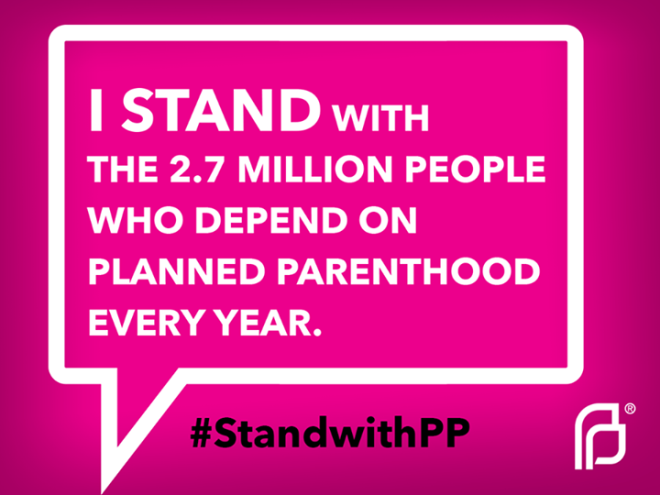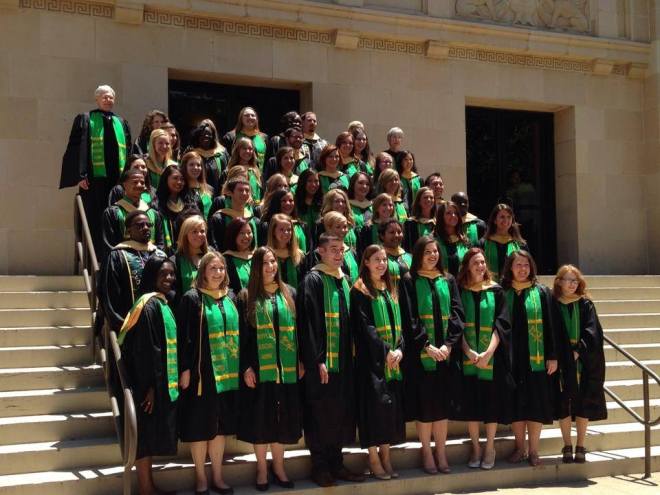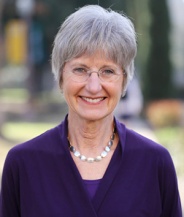I support Planned Parenthood. Unfortunately, living in the buckle of the Bible Belt means that statement can easily be considered taboo. Being a supporter, I know the levels of security that have to be considered when attending an event; the discretion when meeting with a group of volunteers at Happy Hour; the hushed way support stickers are passed in an office to other supporters. With pride, I have three Stand With PP stickers in my office, but they are delicately placed so they are there, but not smacking people in the face with advocacy when they cross the threshold. If saying that I support Planned Parenthood is made to feel like dirty, curse words – imagine how Planned Parenthood patients feel if they’re ever asked, “Oh! Who’s your OB/GYN?” (because that really is a legitimate question among women’s circles – just like someone asking you for a dentist recommendation). Take it a step further and question – how do women feel who have had to make the remarkably tough choice to terminate a pregnancy? The decision to not carry out a pregnancy is beyond difficult for most – the increased stigma caused by the continuous war on Planned Parenthood likely takes that to whole new levels.
I often think about the women, the women who have utilized Planned Parenthood’s abortion services. More than that, I think about the people (mainly women) who rely on Planned Parenthood for the array of non-abortion services they provide. A controversial number out there is that only 3% of services delivered at Planned Parenthood are abortions1. As stated in the cited article, “When all services are counted equally, abortion procedures do account for 3 percent of Planned Parenthood’s total services.” Sure, a pregnancy test or a pap smear is not equivalent in cost or severity as an abortion, but at the end of the day, Planned Parenthood provided 10.6 million services to patients in 20132. While 327,653 of those were abortions, let’s be clear that 10,600,000 – 327,653 = 10,272,347, and that is still a huge number. Please stare at that number; take in how large it is. There are enough gaps in service provision across our health care network that 10.2 millionnon-abortion services were received at Planned Parenthood last year, in one year. In the crusade to defund Planned Parenthood and squash the agency, who is going to step in and answer the call for these services?
On the topic of defunding, I hope that people realize two important nuggets of information. 1: Government funding is not used to cover the cost of abortion services in almost all cases (this was decided in 1976 and took effect in 1980 – exceptions center on rape, incest, and life of the mother) 3,4. 2: Government funding is not provided in the form a giant Publisher’s Clearing House-style check; instead it is provided through a Medicaid contract (i.e. reimbursement for service). Here is what stands out to me and I hope to you: government funds would not be spent at Planned Parenthood if there were not needs for (non-abortion related) services.
Let me address the word that everyone hates in these conversations: abortion. I really take issue when I read articles using the term “abortion-rights activists.” I am not an activist for abortions; I am an advocate for choice. Personally, I do not think abortion is the desired outcome of a pregnancy nor something to be taken lightly. I have zero concerns with a woman choosing an abortion in cases of rape or incest, just like I have zero concerns with a woman choosing to carry that child to birth – either to place for adoption or parent herself. In the more popular cases of an unwanted pregnancy stemming from consensual sex, I want a woman to know all of her options. I want those options to include raising the child, placing for an open or closed adoption, living at a maternity home, seeking crisis pregnancy support (preferably with neutral, non-evangelical options available), or having an abortion. I want women to seek counsel from people in their lives that they respect and trust, may that be a combination of: partner/spouse, parents, siblings, other family members, doctor(s), faith leader, mentor, and/or friends. In the end, I want women to come to an informed decision with unbiased, supportive resources and people. Regardless of the conclusion I would come to if I were in this situation, I deeply believe that every woman has the right to be afforded with choices. With the same emphasis that I put on self-determination and the right of choice when a woman has already discovered she is pregnant, I want women everywhere to have informed access and the right to self-determine before she ends up in a crisis/unwanted pregnancy situation.
I believe that if a poll was taken across “pro-life” and “pro-choice” advocates, the vast majority would come together in answering that abortion is not the desired goal for pregnancies. Can we please start to rally around how to prevent these pregnancies in the first place? Imagine if the same amount of fervor was poured into that initiative. Let’s teach our youth about their bodies, about intimacy, about sex, about pregnancy prevention, about STI prevention, about healthy relationships, about respecting self and others. Let’s have open conversations based in fact, respect, and transparency, so that children and teens will come to parents and trusted, appropriate adults with questions and concerns. What would happen if we decreased the shame and increased the access to knowledge and resources? In Colorado, an effort to increase access to long-acting forms of contraception (such as IUDs and hormonal implants) resulted in a 40% decrease in teen births (i.e. unwanted pregnancies) and a decline in teen abortions5. I wonder who could help with an initiative to increase accurate health, sex, and relationship education while providing access to long-term contraception for those interested – all in an effort to decrease the rate of unwanted pregnancies? Planned Parenthood.
So I support Planned Parenthood. I believe in their mission and their aims. They are a multi-pronged approach: health care provider, educator, and advocate. They served over 2.7 million patients in 2013, providing 10.6 million services in the US (note: they also connected over a million people outside of the US with health care) 2. Planned Parenthood is serving a need far, far greater than pregnancy termination. I want Planned Parenthood to be there as an option – for myself, for my clients, for my friends, for my future children. My clients, friends, future children, and I may never need or want to use Planned Parenthood as a health care provider, but I want their doors to be open in case someone needs them. And trust me – someone, maybe even someone close and dear to you or I, will need a PP clinic. In the constant battle over funding, rights, and women’s health care – can we please remember the 2.7 million people who annually seek out PP for help? These are humans: our neighbors, brothers and sisters. They deserve unabashed supporters who say, “I Stand with Planned Parenthood” through the protesters flanking clinics, the need for security guards, and the shame of their health care provider being the constant hot-button buzzword. They deserve respect and dignity.
References


